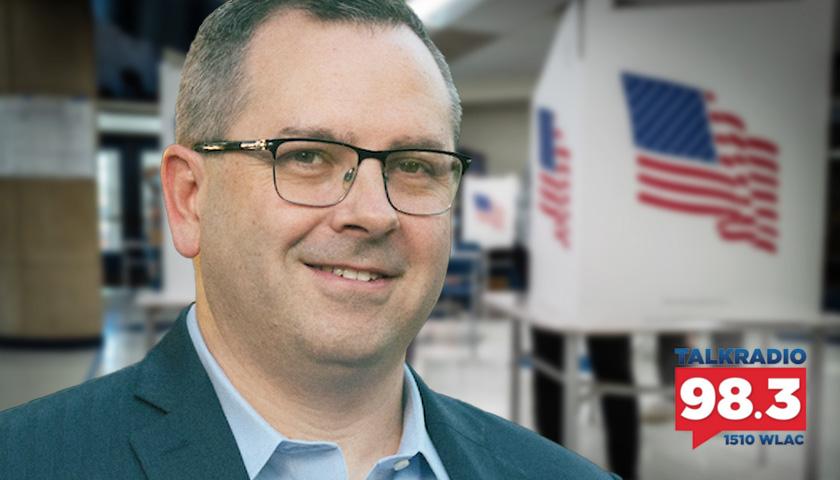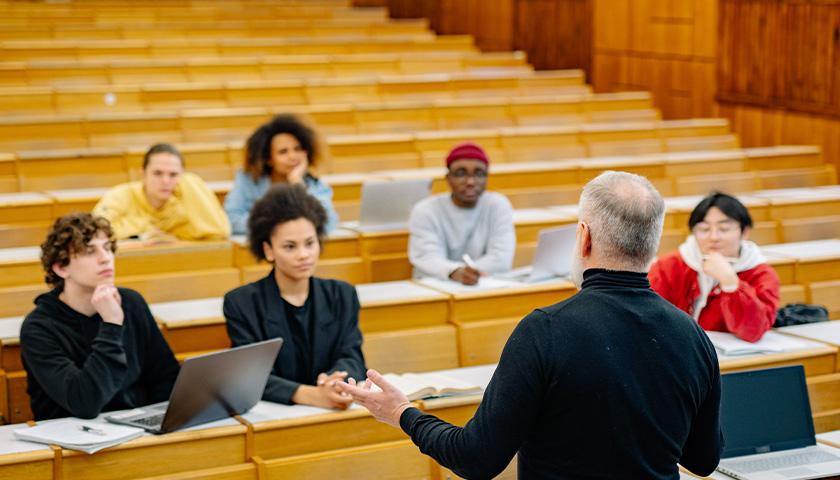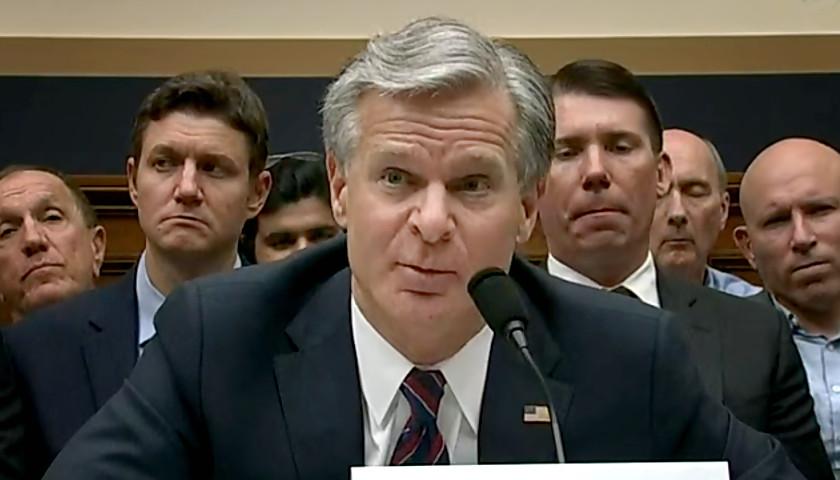Live from Music Row Thursday morning on The Tennessee Star Report with Michael Patrick Leahy – broadcast on Nashville’s Talk Radio 98.3 and 1510 WLAC weekdays from 5:00 a.m. to 8:00 a.m. – host Leahy welcomed Tim Head, the national executive director of the Faith and Freedom Coalition, to the newsmaker line to discuss getting religious conservatives out to vote and keeping young voters engaged.
Leahy: On the newsmaker line right now, our friend Tim Head. Tim is the national executive director of the Faith and Freedom Coalition. Good morning, Tim. Thanks so much for joining us.
Head: Of course. Thanks so much for having me this morning.
Leahy: We’ve visited with you here in Nashville. You’ve come to our world headquarters and now we get to have you on as a guest on our newsmaker line. Aaron and I were talking a little bit about the 2024 election. I wonder if you could talk a little bit about the role that people of faith are going to play in the 2024 presidential election.
Head: Look, these days despite the effort by the mainstream media to paint the religious right as waning or riding off into the sunset. The reality is that conservative people of faith, those are generally evangelicals and what we call faithful Catholics, frequent mass-attending Catholics, make up about 36 or 37 percent of the entire electorate.
Not the Republican electorate, the entire electorate. And when a little over one-third of voters are going to be Bible-believing Christians, you can quickly do the math there and realize that’s the largest voting block and largest constituency in American politics. Truly as that voting block goes, so goes the electorate.
And the last really for about 45 years, we’ve seen about it’s been about 77, 78 percent of that voting block votes Republican. In the actual last two election cycles, it’s been more like 82 or 83 percent of that voting block tends to vote Republican. This is going to be a major driving force in the 2024 election cycle.
Leahy: What are the issues that the people of faith are going to care about in 2024?
Head: Another good question. I think that there’s a little bit of a misunderstanding or misconception that those people only care about social issues, so to speak. Clearly, everybody cares about the economy and everybody cares about security and safety. And those are two major issues that whichever winning party or winning candidate needs to be able to appeal both to a sound economy or a robust and growing economy. Also, either addressing national and international safety concerns or domestic safety concerns.
But then, clearly, issues like life or matters of abortion. And then, religious liberty is actually a huge one for a lot of voters of conservative voters. Christian voters and issues related to Israel are also driving factors. And marriage, the family, life, and religious liberty in Israel are, I think the kind of classic issues that that top the list for a lot of religious voters.
Leahy: Now, this block of religious voters, people of faith tell me are you seeing? Two questions on that: First, are they more or less likely to vote in 2024 than they were in 2020?
Head: In 2022, you have to compare apples-to-apples, presidential cycles, and then non-presidential cycles. I’ll say that 2022 was a bit of a mixed bag because while the percentage of the votes in 2022 compared to 2018 the percentage of that went Republican, slightly more.
But I would say that there was a slight drop, maybe about a two percent drop, in performance in 2022 versus 2018. And I think a lot of that, to be honest with you again life is such a major driving factor. And there’s still a little bit of confusion or misinformation around the DOS decision.
So while that’s the Supreme Court decision that came out last summer about making basically abortion-related legislation, making that a state issue, the prevailing sentiment, I think for a lot of people at least, was that conservatives had won that decision.
A lot of people thought that the Dobbs decision actually made abortion illegal, which of course is not accurate. So I think the Dobbs decision, there’s more kind of information for the lesser engaged voters now than there was six months ago or so.
So I suspect that we’re gonna see similar turnout numbers in 2024 that we saw in 2020 on these religious right voters that 2022 was a little bit of. There was a, there was some kind of confusion just momentary confusion, I’d say for just probably four or five percent of those voters that I think has been straightened out now. I would say we’re going to see similar turnouts in 2024 than we saw in 2020 because at this point, certainly by a year from now and 18 months from now, I think things are going to be back to a fever pitch.
Leahy: Let’s talk about the demographics of voters of faith, and maybe put this in a historical context that changes over time. I’m concerned about the voting behavior of voters under the age of 30. And so let me ask you this question.
If you were to break down voters and the percentage of age groups that you would consider voters of faith overall, I think you said it was 36 percent of voters are voters of faith, is that different for those under 30, those over 65, and those between the ages of 30 and 65?
Head: That’s a good question. There are a couple of ways to slice that. I would say that first of all, people of faith generally are a bit older people that self-identify. The way that we slice these demographics from a political science perspective is based on self-report of course. And so a lot of people that are older self-identify as a particular faith.
A lot of people who are younger avoid any labels around religion but actually tend to avoid a lot of labels, period. Either political labels, religious labels, kinds of social labels, sometimes human, and ethnic labels, et cetera. So it’s a little bit harder to answer those questions sociologically from a younger self-report of demographics.
But of those that do there’s actually a slightly higher turnout rate for younger voters who self-identify as religious. Those tend to vote at slightly higher rates and also tend to skew a little bit towards the right, although they are not party affiliated as much as issue affiliated. Interestingly enough, they would not refer to themselves as Independents but still vote pro-life, for instance.
Interestingly enough, a lot of younger 20, 20 to 25-year-old Christian females are actually pro-life. I would go so far as to say that we have won the narrative on defending innocent life among younger demographics.
And the narrative, I would say, is making sure that they stay engaged, or the strategy is to make sure that they stay engaged and don’t get too busy. With the busy lives that a lot of 25-year-olds are leading either around career, certainly leisure activities, family activities, et cetera, we just need to make sure that they get out and vote.
Listen to today’s show highlights, including this interview:
– – –
Tune in weekdays from 5:00 – 8:00 a.m. to The Tennessee Star Report with Michael Patrick Leahy on Talk Radio 98.3 FM WLAC 1510. Listen online at iHeart Radio.
Photo “Timothy Head” by Council on Criminal Justice. Background Photo “Election Day 2020” by Phil Roeder. CC BY 2.0.





